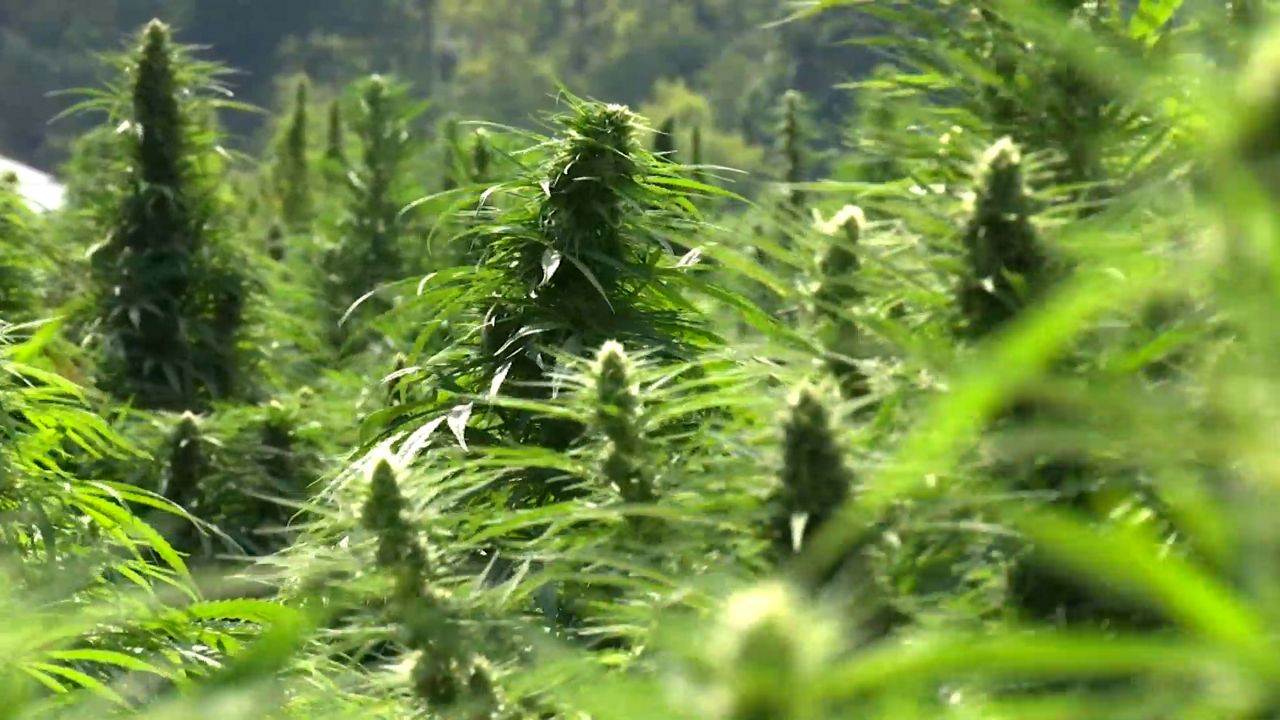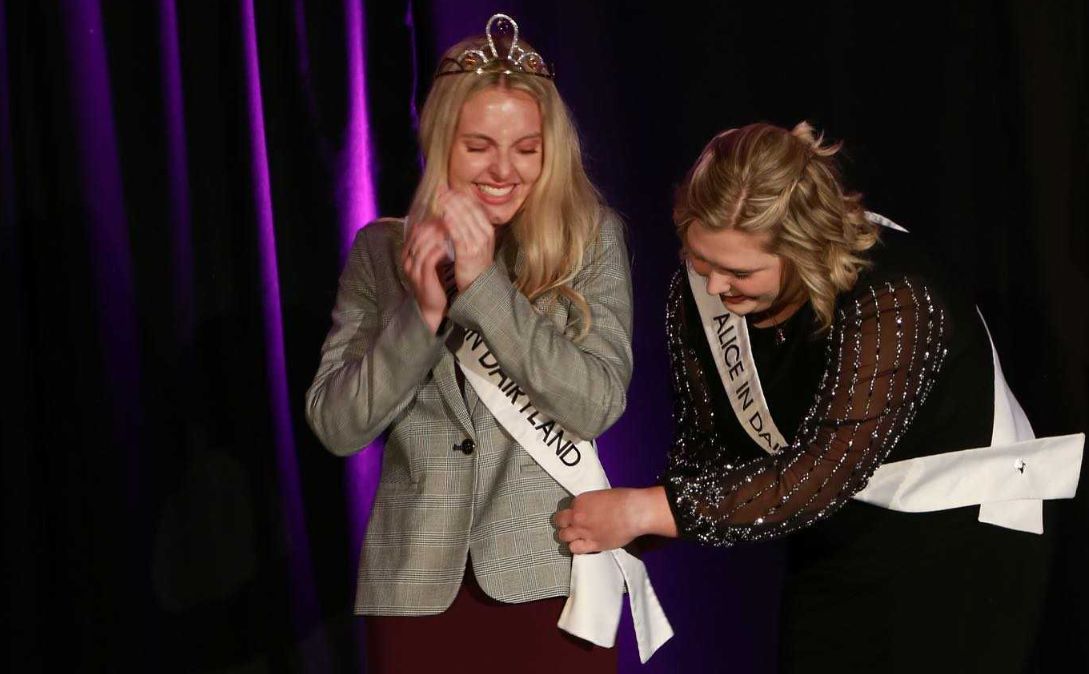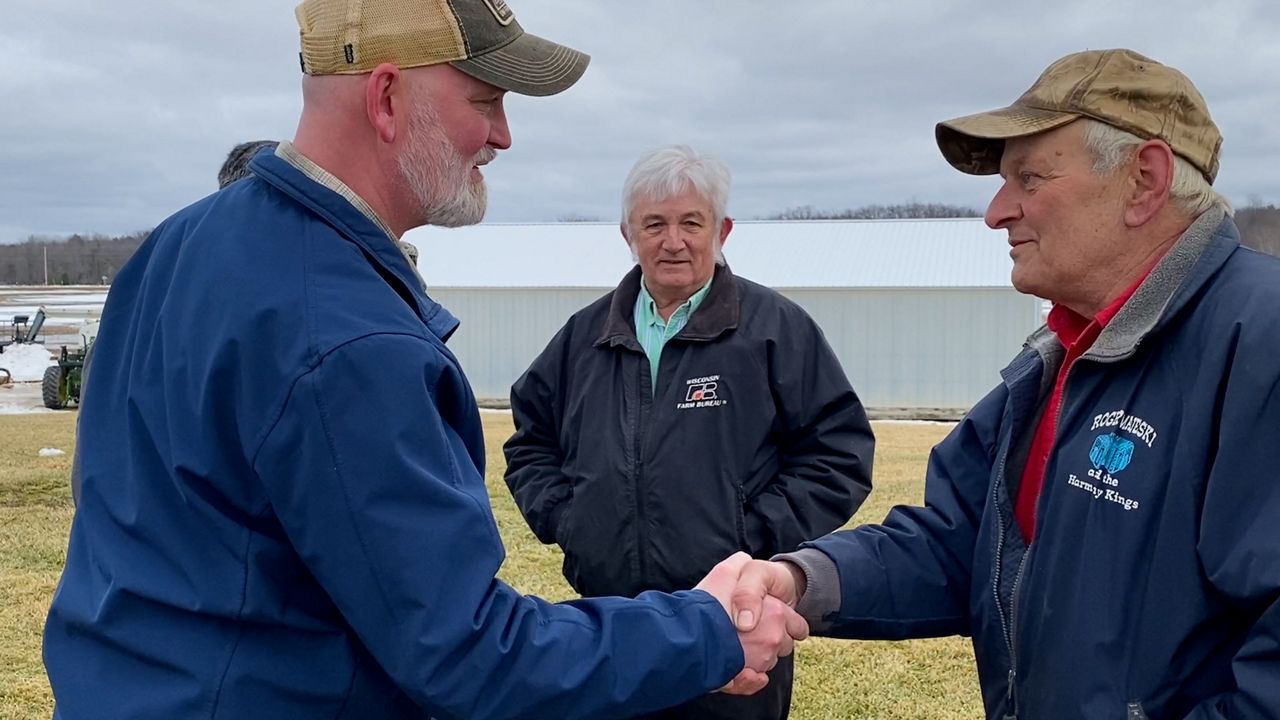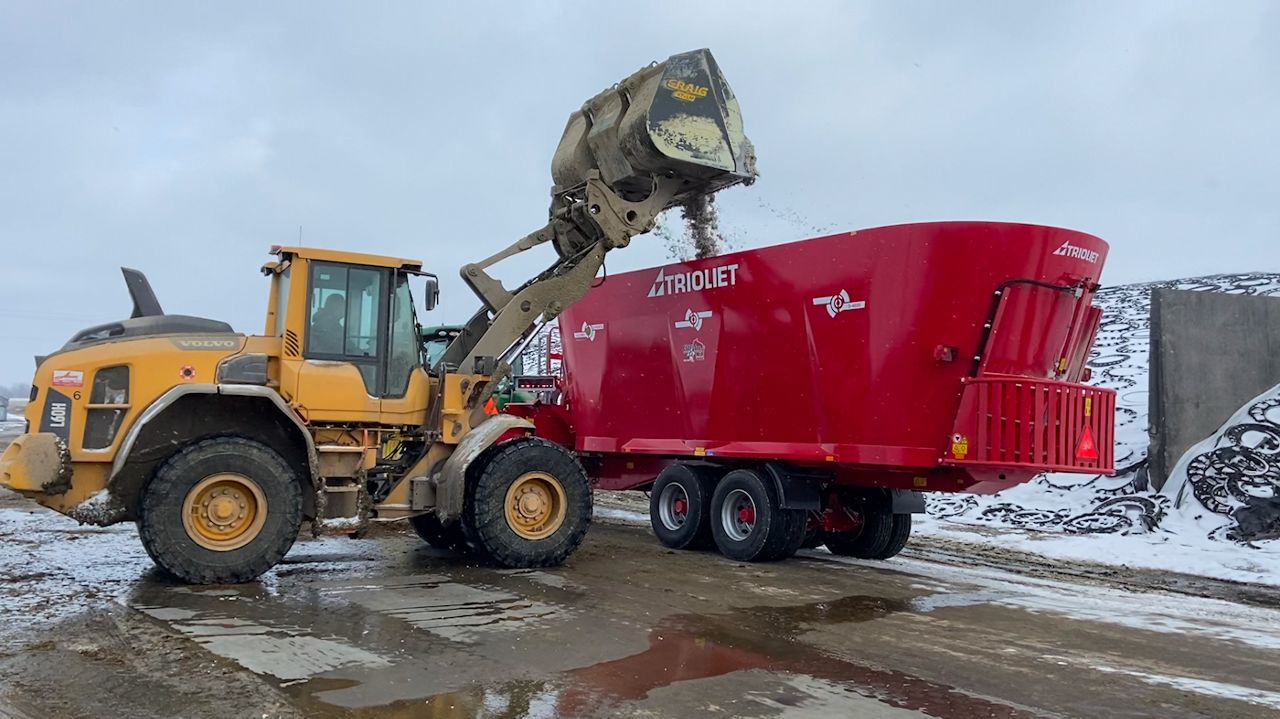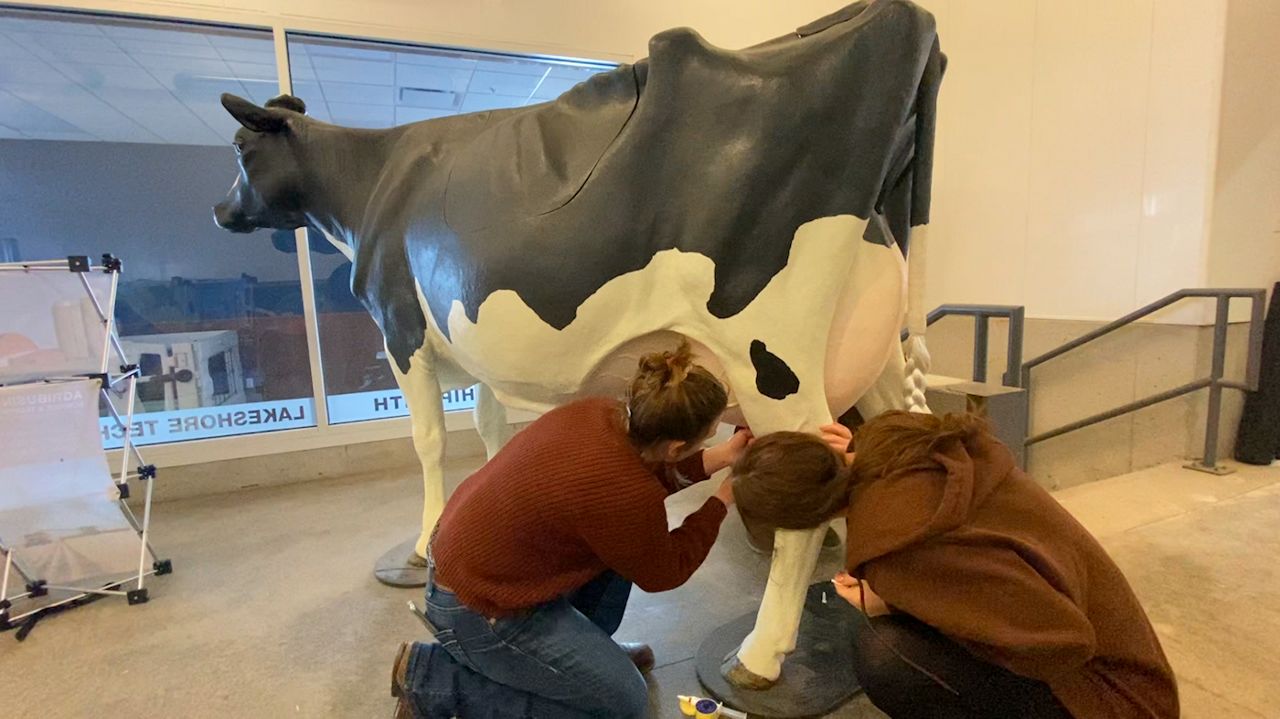MADISON, Wis. — The USDA published final rules on hemp production in the U.S. and it includes several changes to pilot programs that hemp farmers have been operating under since the 2018 Farm Bill.
Among the changes will be an remediation avenue for plants that tested above regulatory levels for THC. Previously farmers were required to dispose plants that tested too high.
The Wisconsin Department of Agriculture, Trade and Consumer Protection — which regulates hemp production in the state — said it will continue to use its existing Hemp Pilot Program framework for the 2021 growing season, but will adopt some of the federal changes like the remediation path. It will announce changes to its program in May.
New federal rules will cap negligent violations of THC levels at one instance, but won't anything below a 1% THC reading in the plant as a negligent violation, the previous benchmark was .5%.
The USDA will also extend the time limit between THC testing of the crop and harvesting from 15 days to 30 days. It also allows for samples to be taken from a greater part of the plant — the top eight inches instead of the top two.
The USDA also says the changes will extend complete jurisdiction over hemp growing regulations to Tribal Groups.
By 2022 every state will have to operate its hemp programs under the federal regulatory rules.





